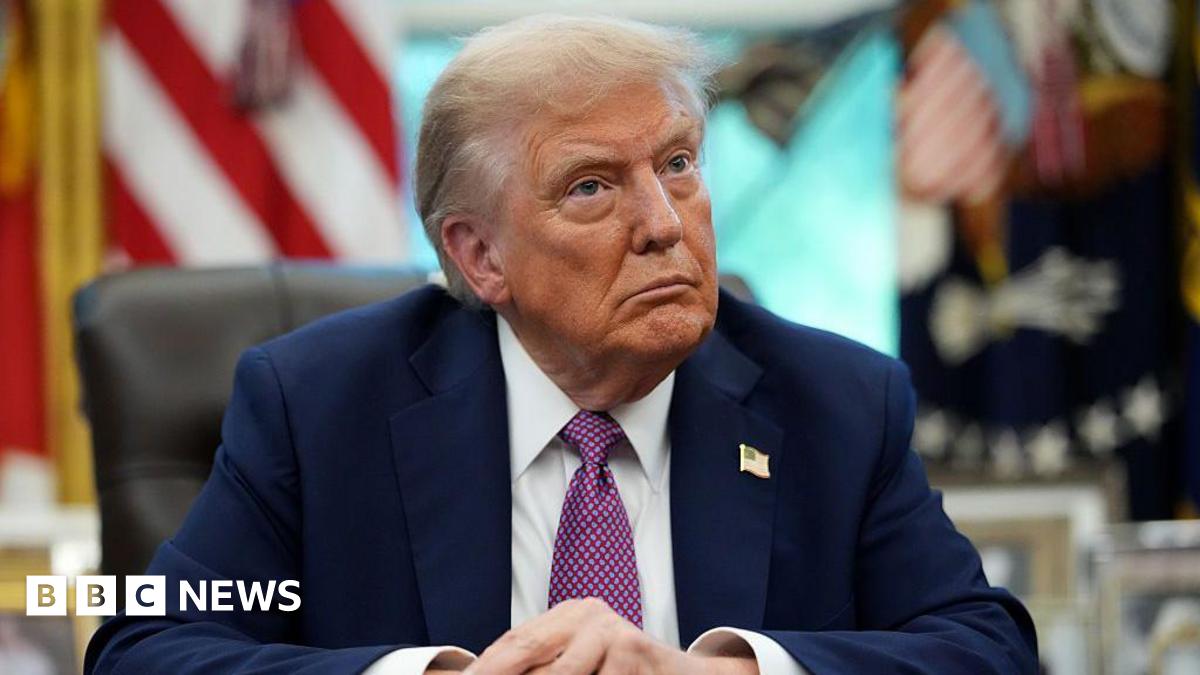Kim Jong Un Signals Openness to Talks with Trump, Rejects Denuclearization
North Korean leader Kim Jong Un has expressed a willingness to resume talks with former U.S. President Donald Trump, but only if Washington drops its long-standing demand for denuclearization. In a speech to the Supreme People's Assembly on Sunday, Kim also reiterated his firm stance against dialogue with South Korea, and strengthened ties with Russia and China, raising tensions on the Korean Peninsula.
Kim's Conditions for Talks
Kim Jong Un stated he still holds "good personal memories" of President Trump from their previous meetings. However, he insisted that North Korea will "never lay down our nuclear weapons." He dismissed the idea of disarmament, calling U.S. calls for denuclearization a "delusional obsession." Kim clarified that future talks must acknowledge North Korea's status as a nuclear power and be based on "peaceful coexistence" and "recognition of reality."
- No Denuclearization: Kim has stated explicitly that North Korea will never surrender its nuclear arsenal.
- Sanctions Relief: He will not negotiate for sanctions relief in exchange for dismantling his weapons program.
- Recognition of Nuclear Status: Pyongyang wants future talks to begin with recognition of its nuclear status.
Trump's Potential Meeting
Kim's remarks come as Trump is expected to attend the Asia-Pacific Economic Cooperation (APEC) summit in South Korea in late October. This has sparked speculation about a possible meeting between the two leaders at the inter-Korean border, similar to their 2019 encounter. However, strained relations between North and South Korea could hinder such an impromptu meeting.
Strengthening Ties with Russia and China
Kim Jong Un has increasingly leaned on Beijing and Moscow, both of which have vetoed recent U.S.-backed sanctions. He recently appeared with Chinese President Xi Jinping and Russian President Vladimir Putin at a military parade in China. North Korea has also reportedly sent troops and military equipment to Russia to support its war in Ukraine. Experts believe this strengthening alliance aims to undermine U.S. influence in the region.
Deteriorating Inter-Korean Relations
Kim has suspended virtually all cooperation with South Korea and expressed no intention of resuming dialogue. He criticized South Korea for entrusting its politics and defense to a foreign power, calling the prospect of Korean unification "unnecessary." These actions have raised concerns in Seoul about being sidelined in future efforts to resolve the nuclear standoff on the Korean Peninsula.
Implications and Analysis
Kim's firm stance on nuclear weapons and his growing alignment with Russia and China pose a significant challenge to U.S. foreign policy in the region. While the possibility of renewed talks with Trump offers a potential diplomatic avenue, the U.S. must navigate North Korea's preconditions and its strengthened alliances carefully to achieve any meaningful progress on denuclearization and regional stability.
 Visit the website
Visit the website






